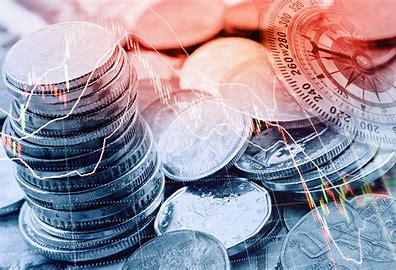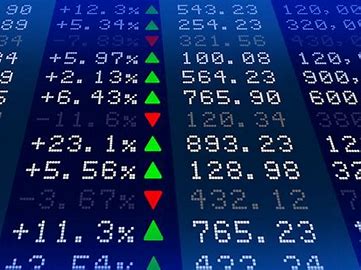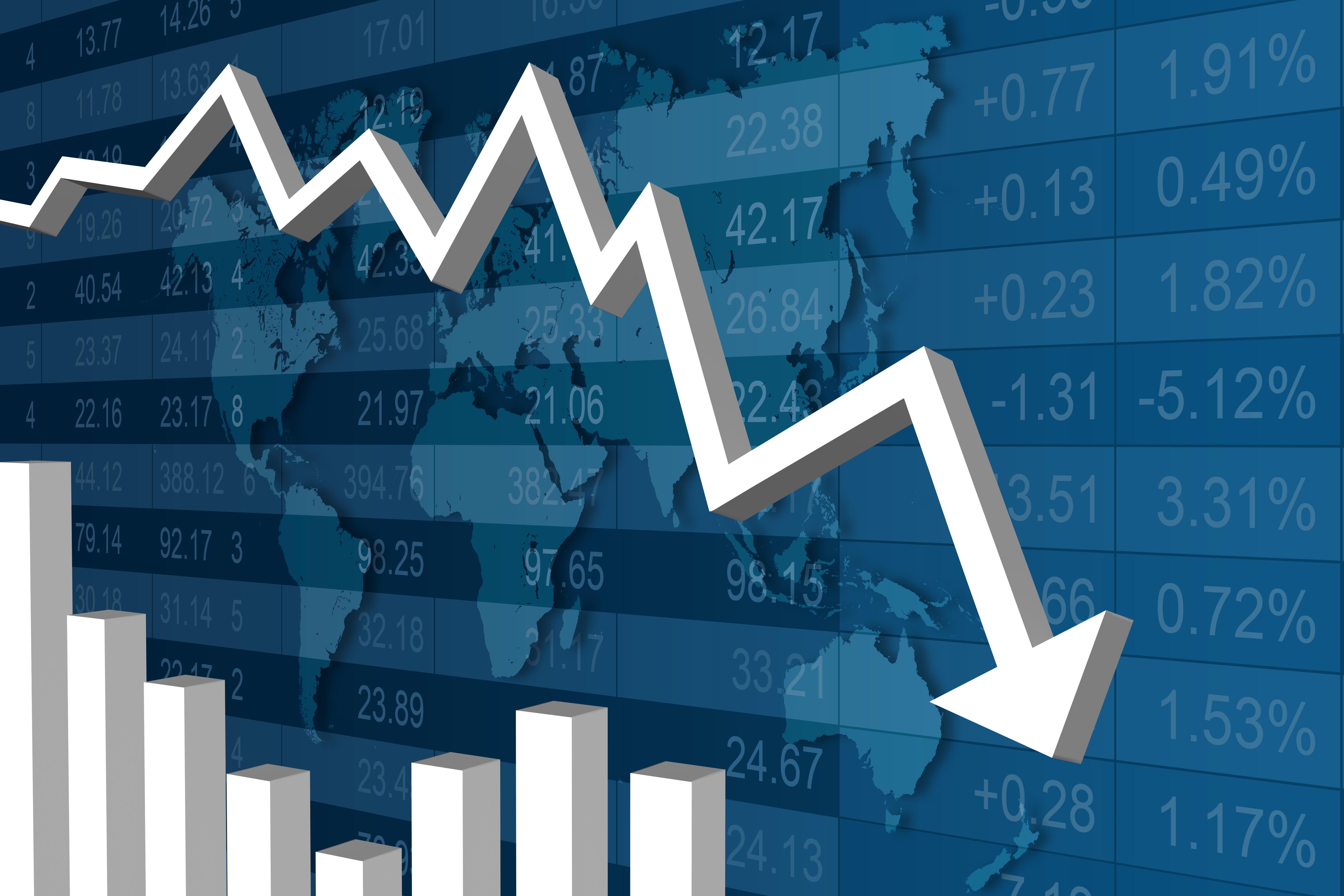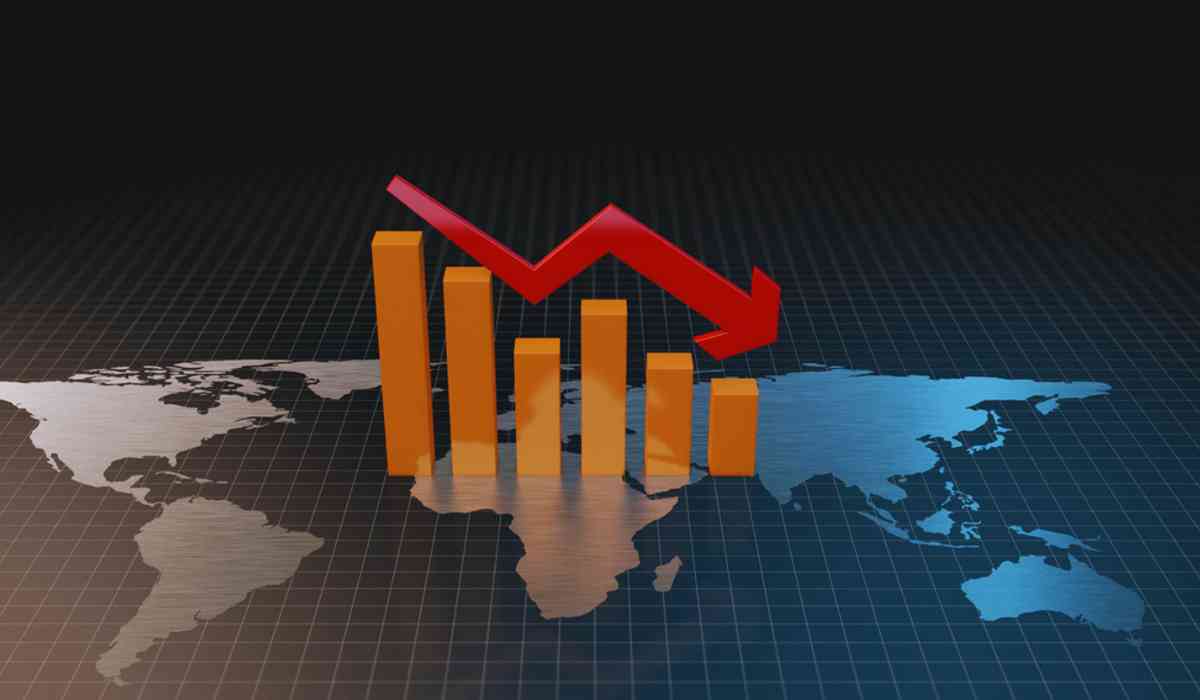The economy is expected to grow at a rate of 0.5 percent in 2023, and the Federal Reserve does not anticipate a recession. However, due to high inflation, economists anticipate a recession to begin early next year.
A recession is a period of economic downturn, typically characterized by a decline in gross domestic product (GDP), high unemployment, and declining business activity.

Recessions can have significant impacts on individuals, businesses, and the economy as a whole, and they are often accompanied by a decrease in consumer and business confidence.
There are several signs that an economy may be entering a recession:
Declining gross domestic product (GDP): GDP is a measure of the total value of goods and services produced in an economy, and a decline in GDP is often considered a key indicator of a recession.
Rising unemployment: During a recession, businesses may reduce their workforce or close down entirely, leading to an increase in unemployment.
Decreasing business activity: A decline in business activity, such as a decrease in sales or profits, can be a sign of a recession.
Decreasing consumer spending: A decline in consumer spending, as reflected in declining retail sales, can be a sign of a recession.
Decreasing housing prices: A decline in housing prices can be a sign of a recession, as it can indicate a decline in demand for housing and a decrease in consumer confidence.

Decreasing stock prices: A decline in stock prices can be a sign of a recession, as it can reflect a decline in business activity and investor confidence.
Increasing credit default rates: An increase in the number of credit defaults, such as mortgage defaults or credit card defaults, can be a sign of a recession, as it can indicate financial stress among consumers.
Increasing bankruptcies: An increase in the number of businesses and individuals filing for bankruptcy can be a sign of a recession, as it can indicate financial difficulties.
Increasing government borrowing: Governments may borrow more money to fund stimulus programs or to cover deficits during a recession.
Decreasing exports: A decline in exports can be a sign of a recession, as it can indicate a decrease in global demand for a country's products.
Recessions are typically measured by a decline in GDP for two consecutive quarters, although other indicators, such as employment and business activity, are also used to determine whether an economy is in a recession.
While recessions are a normal part of the economic cycle, they can have significant negative impacts on people's lives and can take some time to recover from.

Governments and central banks often implement economic policies and measures to try to mitigate the negative impacts of recessions and support economic recovery.
By the beginning of next year, the Federal Reserve intends to increase interest rates by another 5.1 percent, and economists anticipate that it may maintain those high rates in order to control inflation.
After lowering interest rates to zero in March, the Federal Reserve has since begun to unwind its balance sheet.
© Vygr Media Private Limited 2022. All Rights Reserved.























